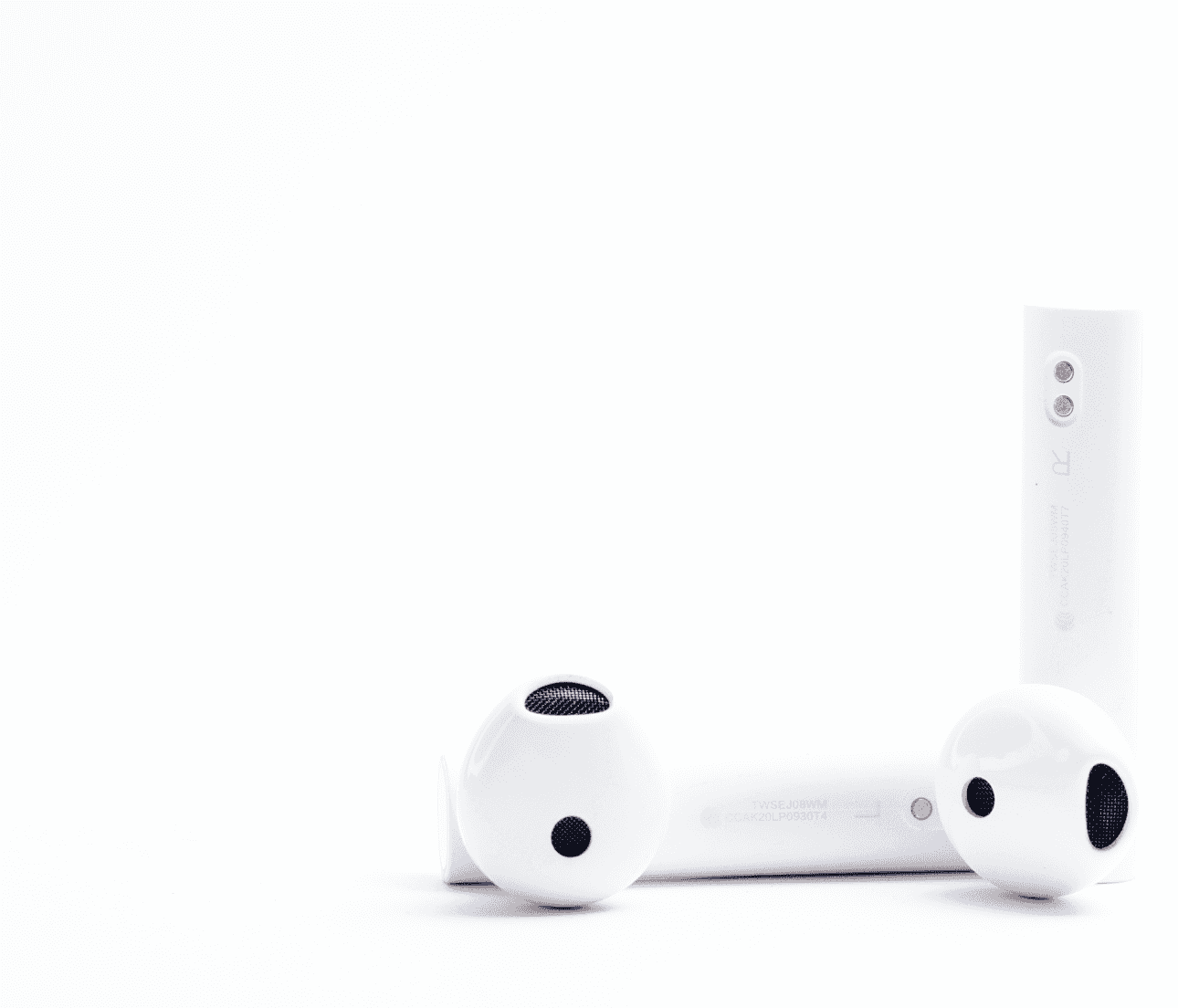Publications

Articles
Media mentions
Kmita M., Lindner-Pawłowicz K., Libura A.
Who does not find Metaphors Funny? Humor Preferences in Geriatric Patients
Humor plays an important role throughout life, including old age. However, appreciating and understanding humor may be hindered due to dementia and late-life depression, two common old age-related diseases. The study reveals that the elderly participants found both humorous and non-humorous examples funnier than the control group. Elderly participants rated two types higher than the control group: the visual error-based jokes and non-visual metaphor-based jokes. The patients with a single disorder (cognitive disorder or depression) rated the funniness of the examples highest. Out of all participants with a single disorder, those with cognitive disorder rated the examples slightly higher than
doi: https://doi.org/10.12963/csd.21885
Kmita M., Mawhinney L.
A requirement and challenge of joke-ability in humor researcher: A fusion autoethnographic analysis
With particular reference to qualitative humor research, this paper aims to look at fieldwork from a new angle. The purpose of this paper is to address humor research foci by completing a fusion autoethnographic analysis of how lead author used humor to interact with the participants. This analysis outlines the two examples of joke-ability; specifically self-deprecating humor and more generally attempts to blend in. This paper draws on fusion autoethnography where Author 2 actively worked to help Author 1 push deeper into her use of humor and its historical context within her life. This created a dialogue to deepen the
doi: https://doi.org/10.1108/QRJ-10-2014-0051
Kmita M.
Expectations and provocations: Use of humour between researcher and participants in humour research
The purpose of this paper is to address participants’ humorous provocations as a part of informal interactions between participants and researcher that can be treated just like the research data. By means of autoethnographic analysis, the author explores the expectations of the researcher and participants that humour research entails and discusses how different expectations are revealed in participants’ provocations. This paper uses an autoethnographic approach to discuss the informal interactions between participants and the researcher gathered during research into staffroom humour. The informal interactions in general and humour specifically were recorded, analysed, coded, interpreted and theorised just like the data
doi: https://doi.org/10.1108/QRJ-08-2016-0054
Kmita M., Bronowicka A., Moszczyńska A., Zych R., Małyszczak K.
Humour and Laughter therapy
The paper discusses the benefits of including a laughter therapy into group psychotherapy. The laughter therapy session was experimentally included in group psychotherapy. Laughter therapy consisted of various carefully designed humour-related tasks. The patients and the laughter therapist were observed via two-way mirror by experienced psychotherapists and a psychiatrist. The assessment of the experiment was based on the opinions of all three parties: patients, observers and the laughter therapists were documented. Patients enjoyed laughter therapy and, except one patient, took an active part in it. Patients were enthusiastic about this type of therapy and expressed willingness to participate in laughter
Telewizja TVN
Dzień dobry TVN: Śmiech lekiem na całe zło
Czym się zajmuje Optymisja i dlaczego humor jest ważny.
RMF24
Śmiechoterapia. Najlepsza na poprawę humoru!
Styczeń to czas, kiedy możemy mieć spadek nastoju. Przyczyniają się do tego krótkie dni czy mało słońca. Sposobów na to, jak się rozweselić szukamy w cyklu „Twoje Zdrowie w Faktach RMF FM”. I tak dotarliśmy do śmiechoterapeuty - dr Marii Kmity z Uniwersytetu Medycznego we Wrocławiu.
Gazeta Wrocławska
Czy w czasie wojny można się śmiać?
Z doktor Marią Kmitą, humorolożką i śmiechoterapeutką z Wrocławia, o wojnie i o tym czy można się z niej śmiać, rozmawia Robert Migdał.
Radio Luz
Śmiech lekiem na całe zło – rozmowa z dr Marią Kmitą o śmiechoterapii
Uśmiechając się, z dr Marią Kmitą, wrocławską śmiechoterapeutką i humorolożką, rozmawia Martyna Dziakowicz.
Radio Złote Przeboje
Doktor Maria Kmita gościem Odety Moro!
Doktor Maria Kmita, humorolog i śmiechoterapeuta, opowiedziała nam o tym, czy humor zależy od narodu… Co dzieje się z naszym ciałem, kiedy zaczynamy się śmiać? Czy śmiech może leczyć?
TVP Wrocław
Śmiechoterapia dla seniorów
Walka ze spokojną starością. Z czego śmieją się seniorzy i czy starość to nie-radość?
Radio Wrocław
Chwalimy swoje: dr Maria Kmita, humorolożka
Jak mieć dobry humor w kiepskich czasach? Czy powinniśmy się śmiać, gdy za naszą granicą umierają ludzie? O tym w Chwalimy swoje, z dr Marią Kmitą z Uniwersytetu Medycznego we Wrocławiu.
Gazeta Wyborcza
"Jojo Rabbit": Zabawny Hitler to przesada? Przecież humor był nawet w obozach
O czarnym humorze. Analiza filmu Jojo Rabbit.
Wprost
Śmiech lekiem na całe zło? Humorolog i śmiechoterapeuta o jego zaletach
Humorolog i śmiechoterapeuta dr Maria Kmita opowiedziała, jak wpływa na nas śmiech. – Rozluźnia nasze mięśnie, lepiej pracuje serce, lepiej oddychamy – powiedziała. – Daje nam pozytywne nastawienie do wszystkiego – dodała. Jak ważne jest śmianie się z samych siebie?


